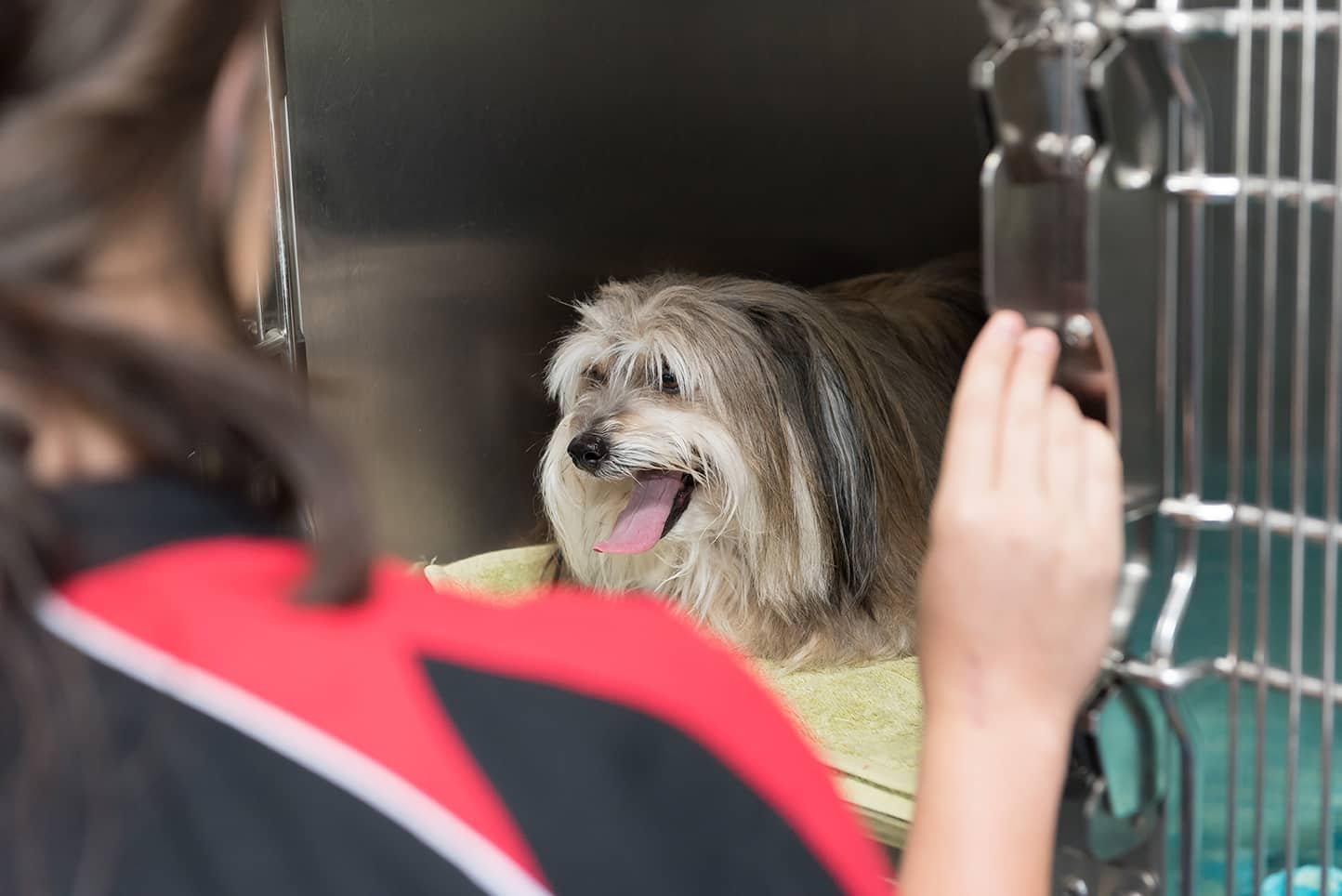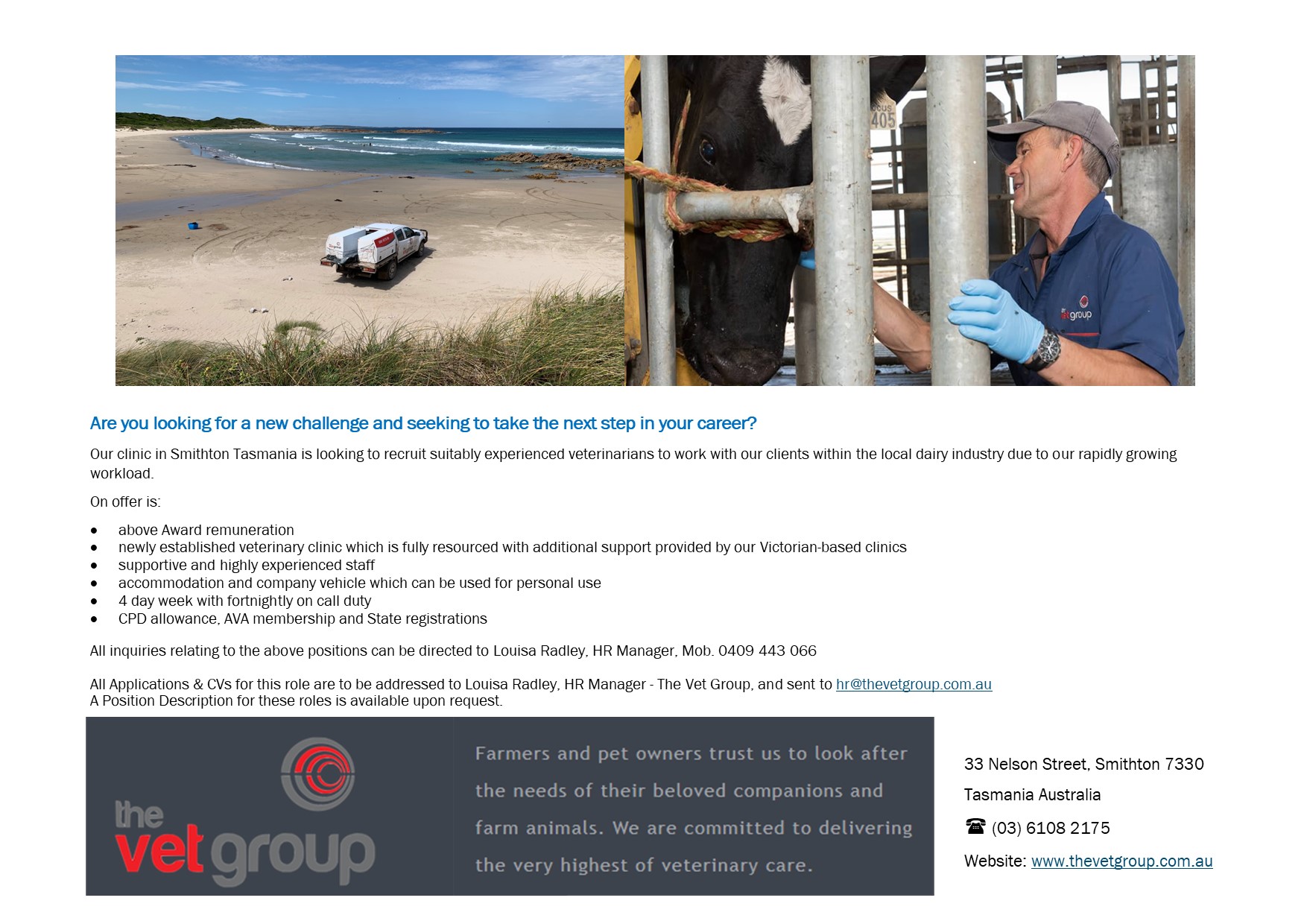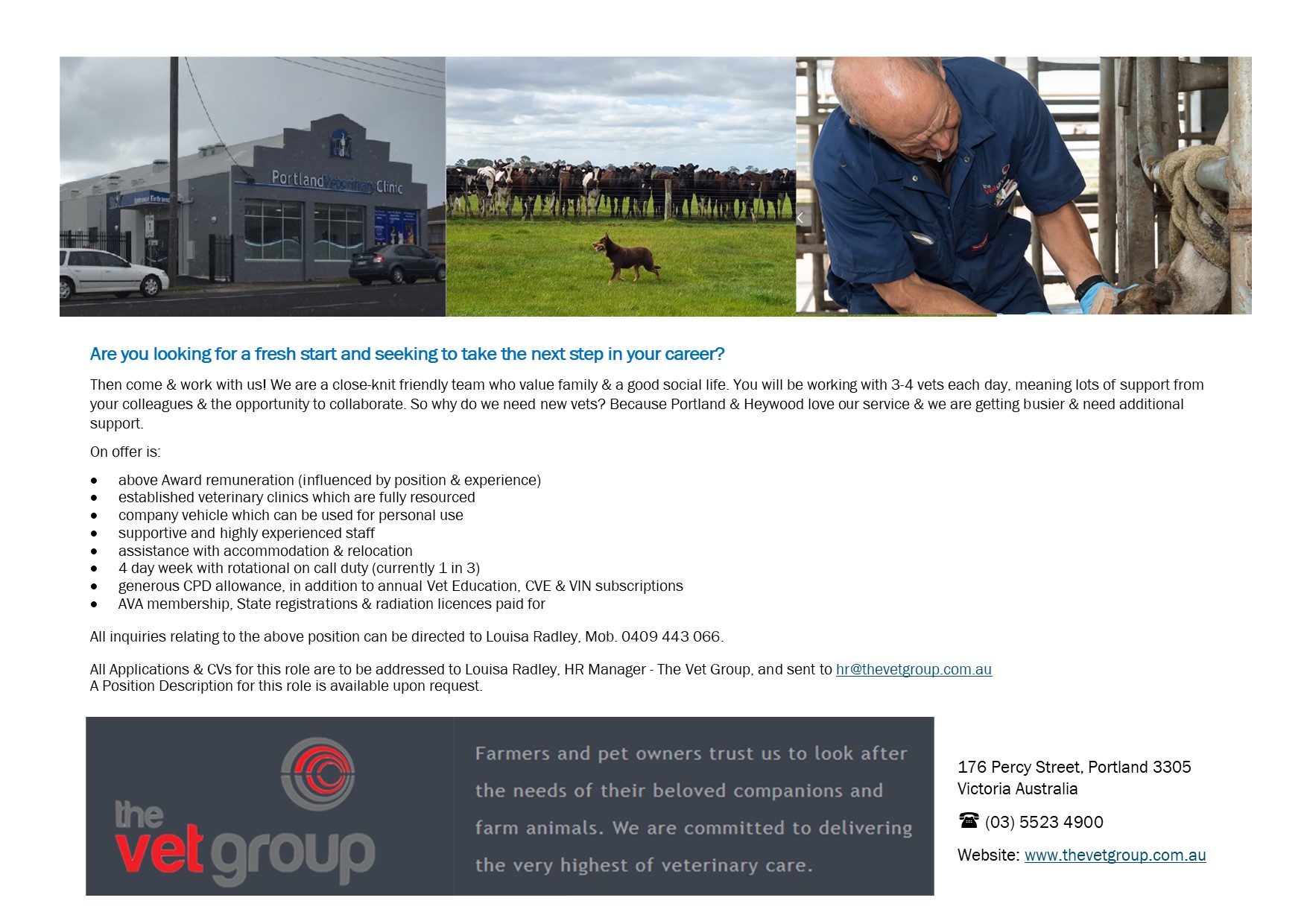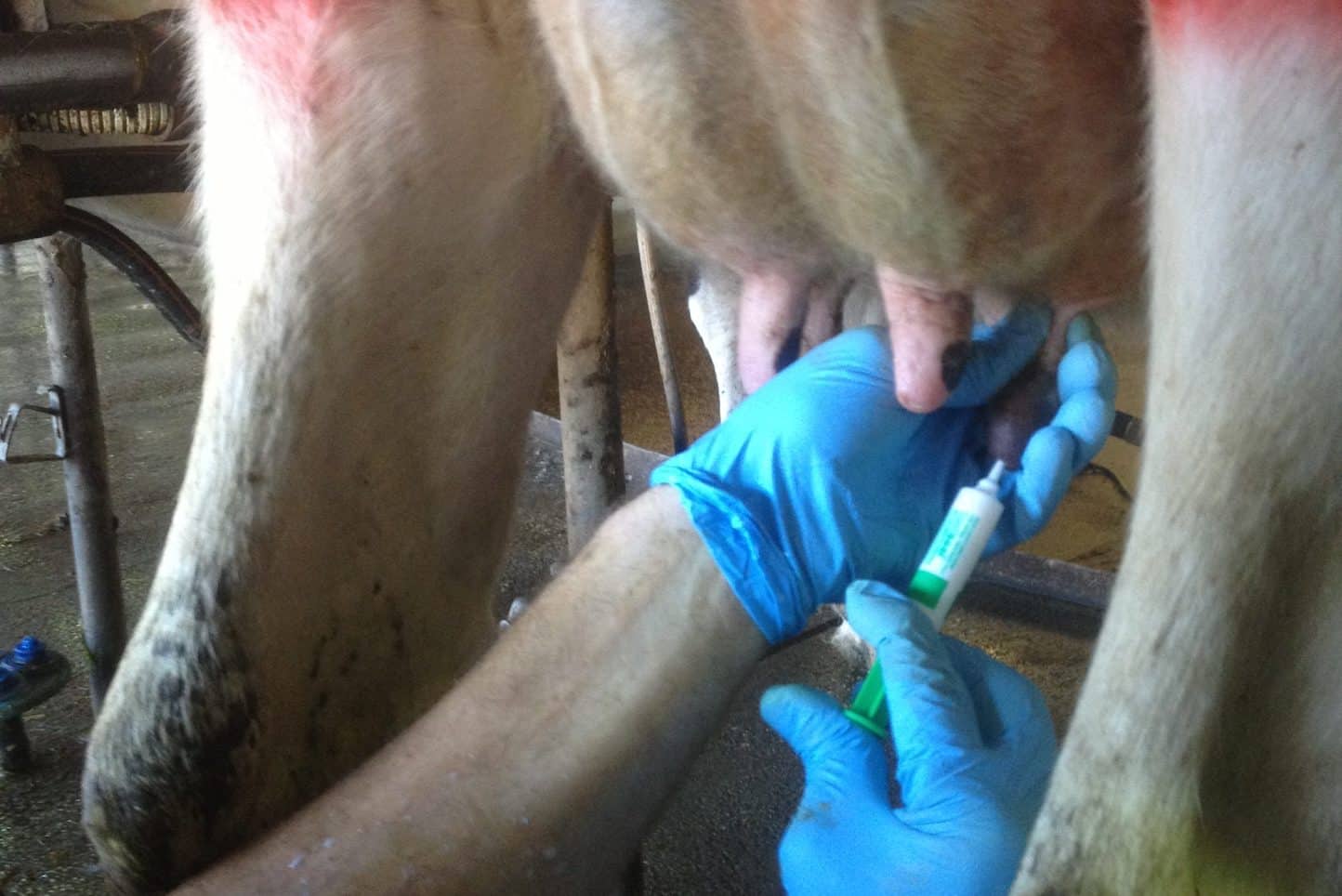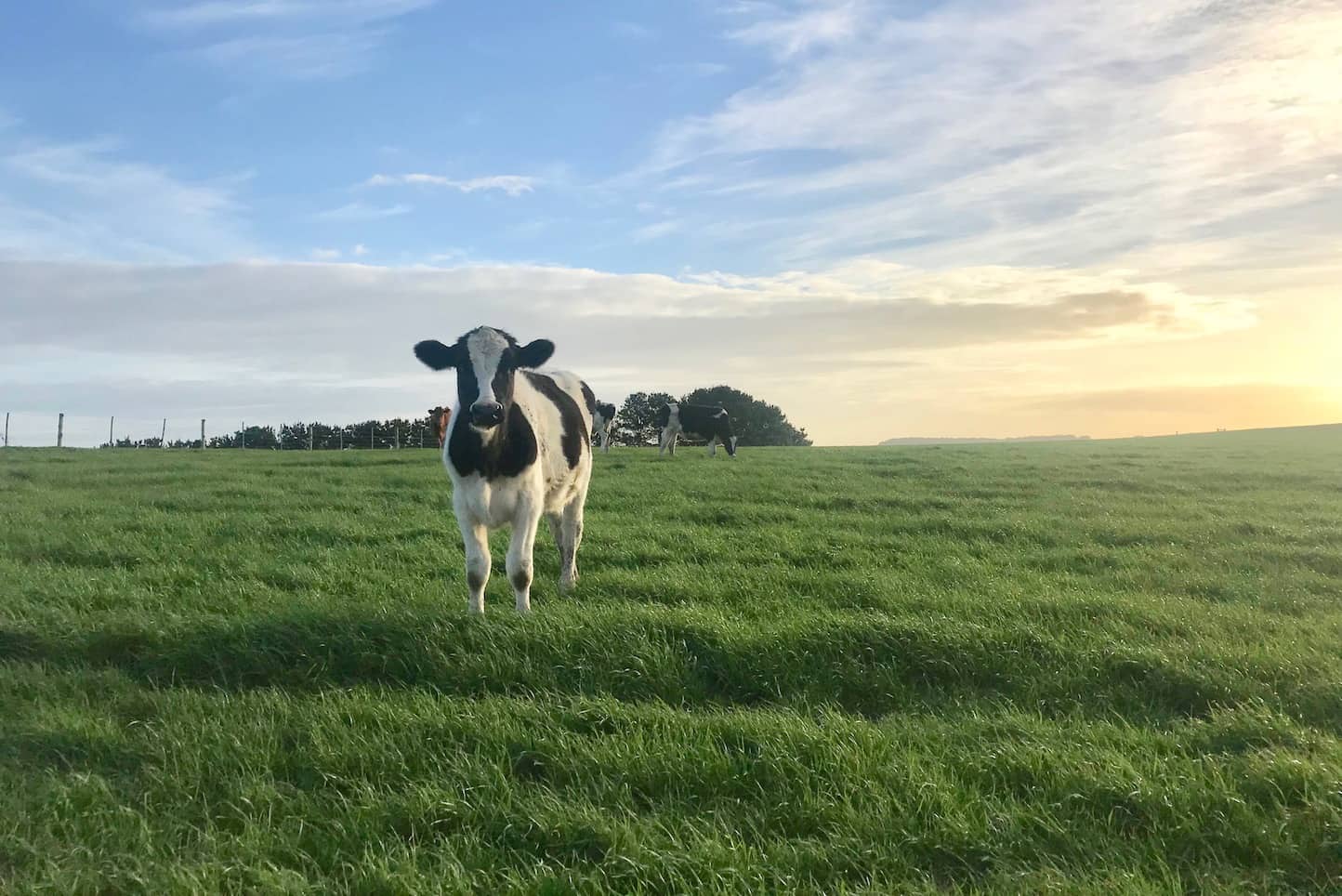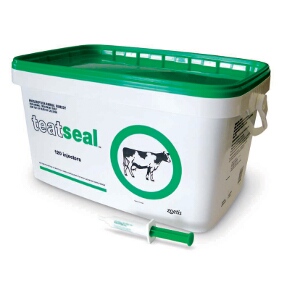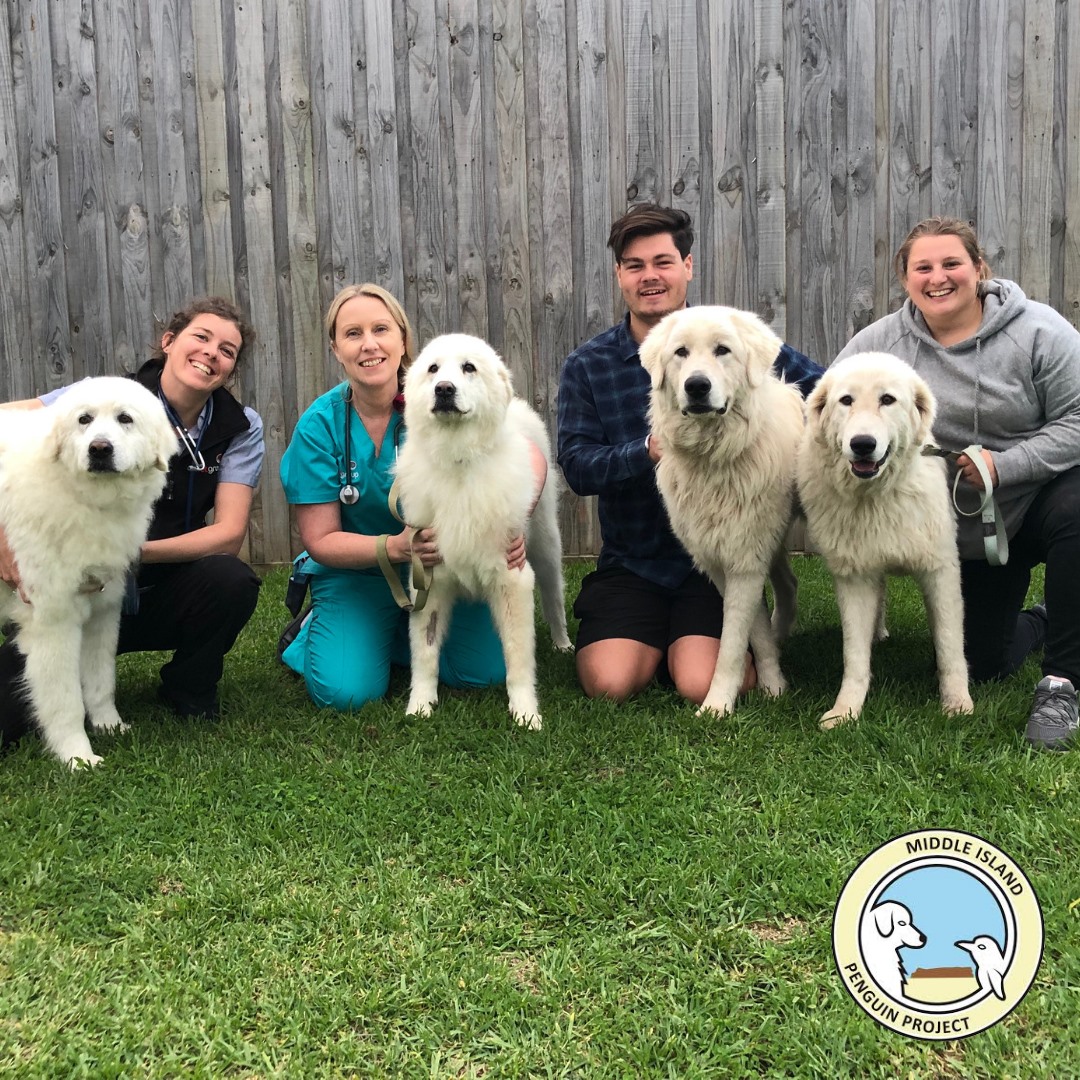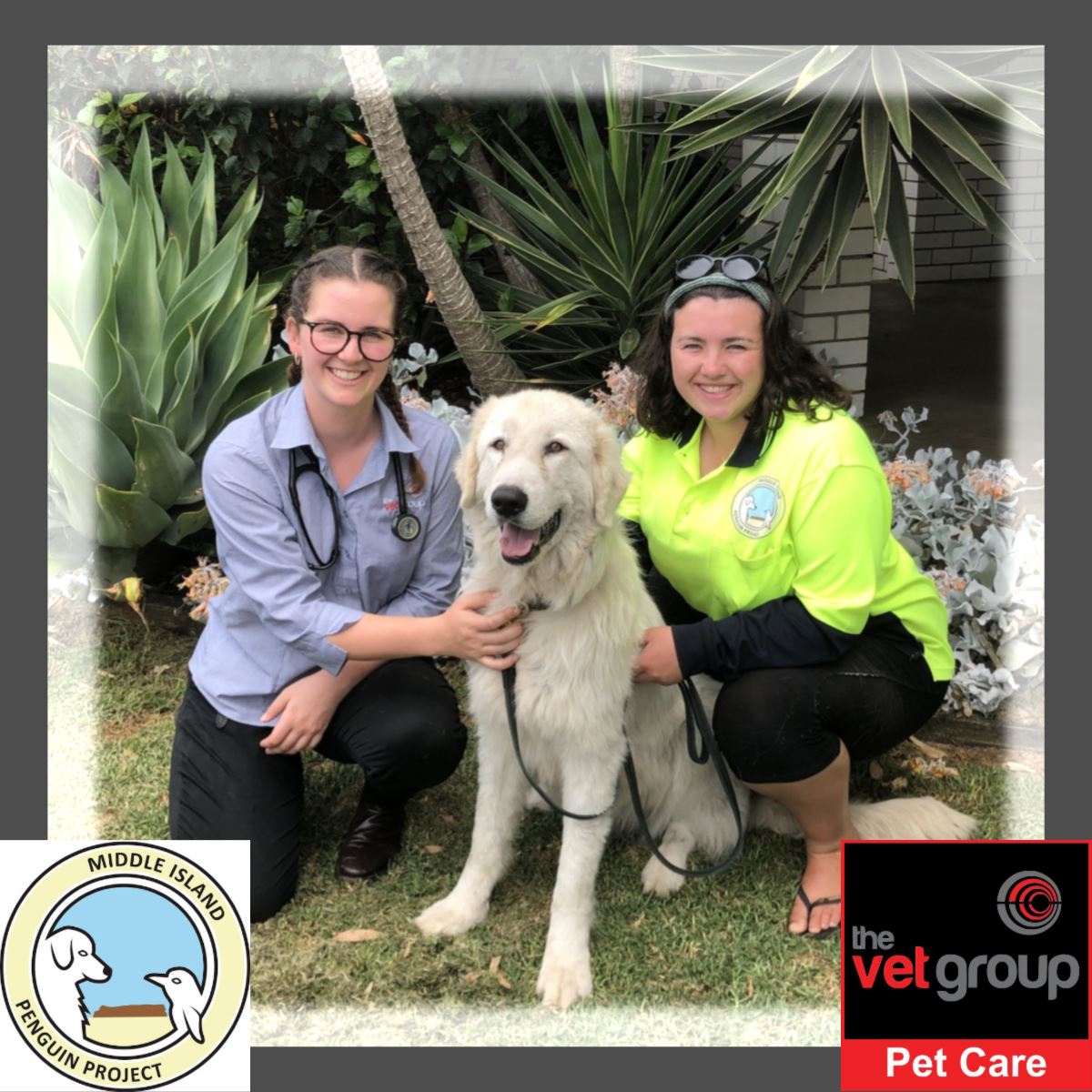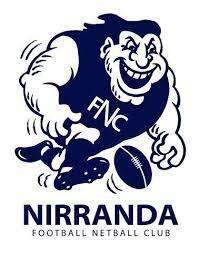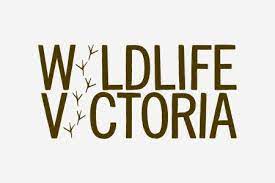Companion Animals Pet Care
Senior pet careSenior Pet Care
When is a pet considered senior?
Our canine and feline companions have a relatively short lifespan compared to humans and therefore the ageing process can progress quite rapidly. A cat or dog is considered senior from 8 years of age.
Why does my pet need a "Senior Consult"?
There can be changes taking place inside your pet that are not always evident from the outside. This is particularly the case with older animals. The “Senior Consult” has been designed to detect these changes and the onset of disease early. Many senior problems are manageable if diagnosed early, often prolonging the life and wellbeing of senior pets.
We find approximately 50% of the senior animals we examine have early indicators of disease on their physical examination or blood test. Significantly, only a few of the owners have noticed that something is wrong with their pet.
What does a "Senior Consult" involve?
Your pet will receive a full physical examination by the veterinarian. Some blood will be taken and tested in-house. If a urine sample is obtainable, this will also be tested.
What happens after the samples have been collected?
The blood and urine will be tested in-house, and results returned within 48 hours. These tests provide an overall assessment of your pet’s health including liver and kidney function. For cats, this will also include a test for hyperthyroidism, a very common condition in older cats. Once the results are interpreted, the vet will advise you of the outcome and any subsequent treatment, such as dietary changes and/or medication.
What to do now?
Please phone the clinic to arrange a time and date for your pet’s senior consult.
Wollaston – 03 5561 6911
Timboon – 03 5558 6666
Portland– 03 5523 4900
Click on the appropriate link below to download a senior pet consult checklist. Fill it out and bring it along with you to your pet’s consultation.

